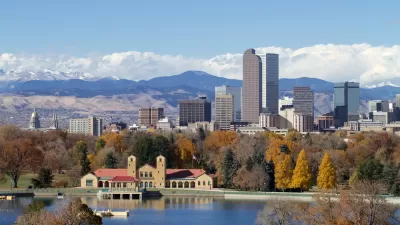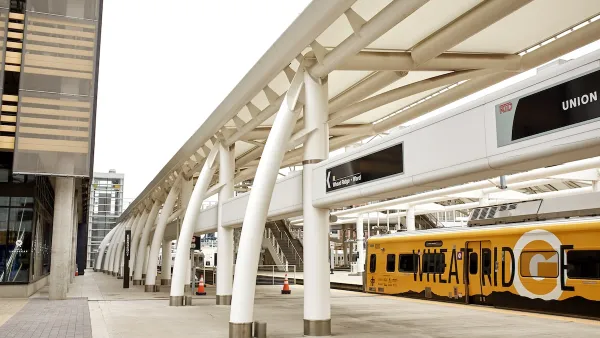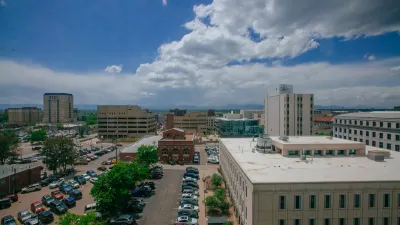Close to twenty five years after Denver debated the future of its historic, but blighted, Lower Downtown district, the city is reaping the benefits of its decision to preserve the “region’s largest collection of urban historic buildings.”
The economic prowess of Denver's historic LoDo core proves the prescience of the visionaries who fought to preserve it from demolition in the 1980's. Edward T. McMahon asserts, "had Denver gone the other way and allowed Lower Downtown to disappear, it would be poorer both in dollars and in spirit."
In the 1980s, opponents to historic district designation feared property values would decrease in a then blighted and "already-depressed neighborhood", stifling future investment, while also limiting personal property rights. Yet in 1988, after months of intense debate, the city council passed the Lower Downtown Historic District ordinance, which established demolition controls and set up design standards for new construction and rehabilitation.
Today, Denver's LoDo district serves as a reminder of the city's early history, as well as an example of how political will and appropriate preservation can lead to increased investment and neighborhood revitalization. A 2011 report looking at preservation in Colorado, The Economic Power of Heritage and Place, found that spending on preservation creates jobs (to the tune of 32 new jobs for every $1 million spent) and that historic designation increased property values substantially.
For McMahon, "[t]he success of LoDo is a story of historic preservation's ability to generate real estate value and economic growth. Denver is a richer and more dynamic city because visionaries fought to preserve this iconic neighborhood."
FULL STORY: From Skid Row to LoDo: Historic Preservation’s Role in Denver’s Revitalization

Planetizen Federal Action Tracker
A weekly monitor of how Trump’s orders and actions are impacting planners and planning in America.

Restaurant Patios Were a Pandemic Win — Why Were They so Hard to Keep?
Social distancing requirements and changes in travel patterns prompted cities to pilot new uses for street and sidewalk space. Then it got complicated.

Map: Where Senate Republicans Want to Sell Your Public Lands
For public land advocates, the Senate Republicans’ proposal to sell millions of acres of public land in the West is “the biggest fight of their careers.”

Maui's Vacation Rental Debate Turns Ugly
Verbal attacks, misinformation campaigns and fistfights plague a high-stakes debate to convert thousands of vacation rentals into long-term housing.

San Francisco Suspends Traffic Calming Amidst Record Deaths
Citing “a challenging fiscal landscape,” the city will cease the program on the heels of 42 traffic deaths, including 24 pedestrians.

California Homeless Arrests, Citations Spike After Ruling
An investigation reveals that anti-homeless actions increased up to 500% after Grants Pass v. Johnson — even in cities claiming no policy change.
Urban Design for Planners 1: Software Tools
This six-course series explores essential urban design concepts using open source software and equips planners with the tools they need to participate fully in the urban design process.
Planning for Universal Design
Learn the tools for implementing Universal Design in planning regulations.
Heyer Gruel & Associates PA
JM Goldson LLC
Custer County Colorado
City of Camden Redevelopment Agency
City of Astoria
Transportation Research & Education Center (TREC) at Portland State University
Camden Redevelopment Agency
City of Claremont
Municipality of Princeton (NJ)





























